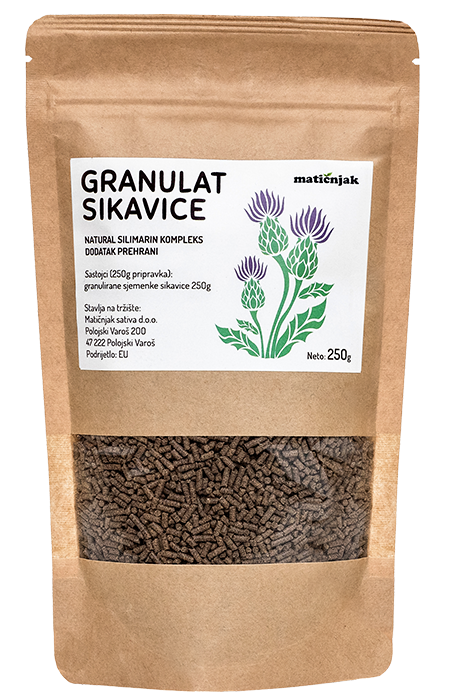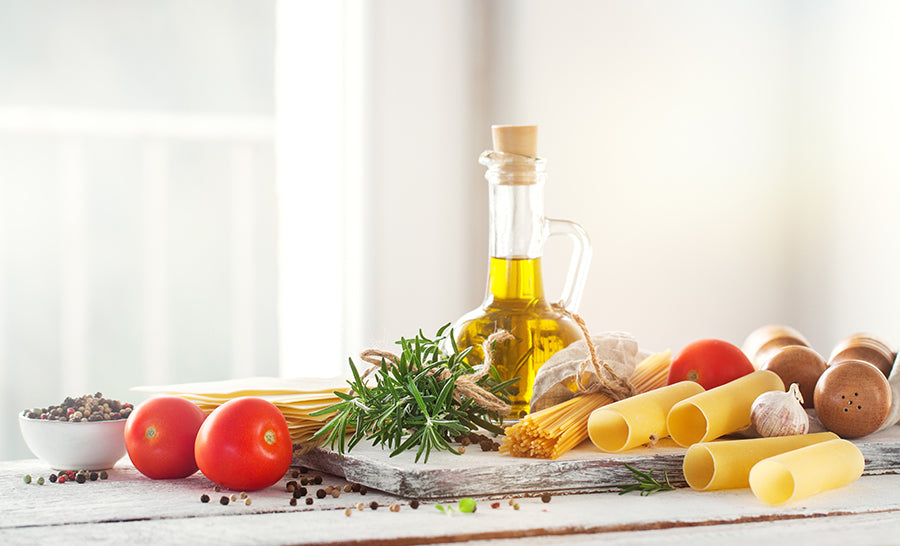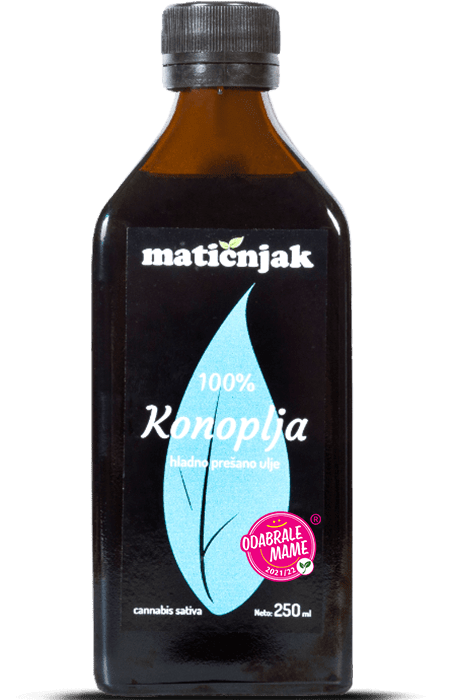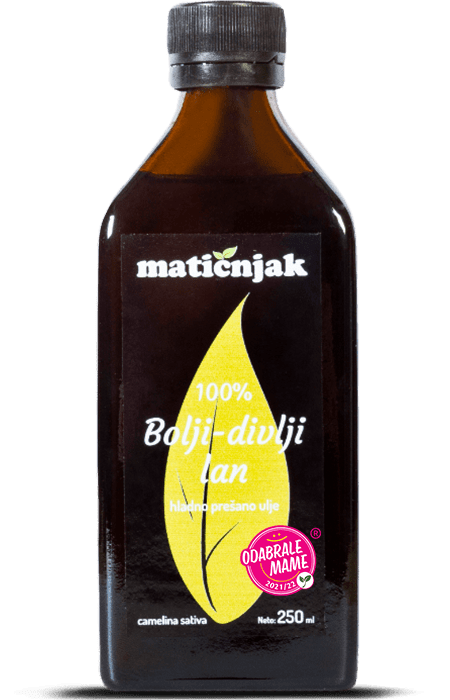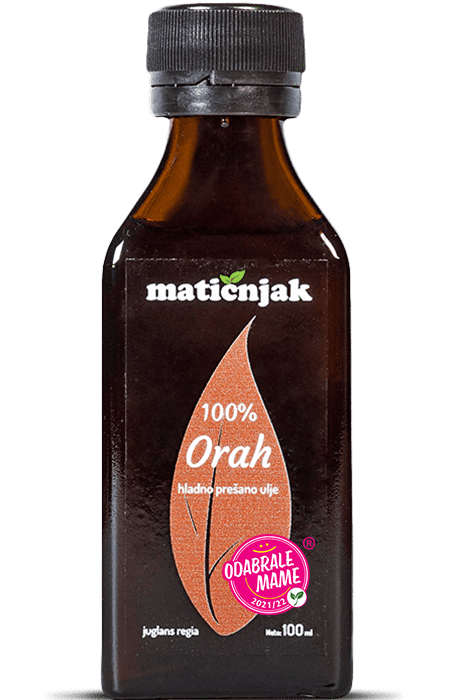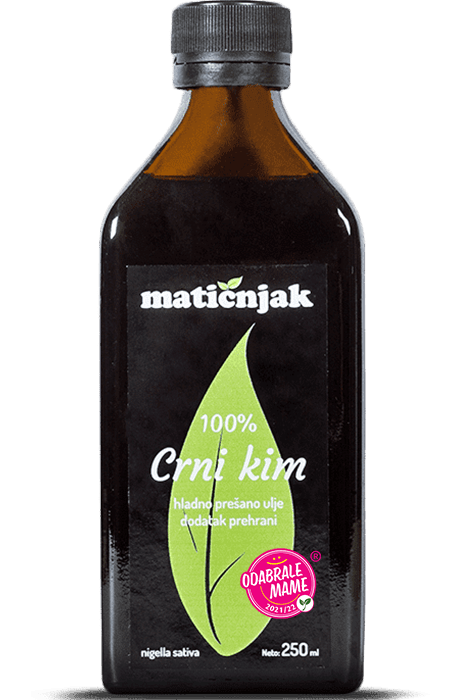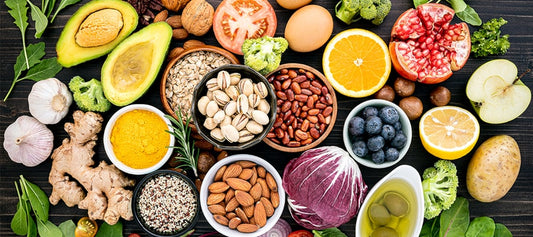[Signals from food 5/6]
Choosing the oil in your daily diet is a really important choice.
Food and its composition tell the genes to burn or store fat, influence the rise and fall of hormones, the chemistry in the brain, the bacteria in the intestines... Fatty acids on in the first place, then vitamins, minerals and amino acids activate reactions in the cells, immediately after ingestion. In the previous texts, we explained that 30% of the daily energy intake comes from fats, they are related to almost every meal, which justifies the reason to be prudent in your choice. Also, you learned that fats directly affect inflammation in your body, immediately, with every bite.
In order to be able to rationally decide which oils or fats you will introduce into your body every day of your life, you need to find out what your choice is.
Which oil do Croats choose in their diet?
As many as 70% of Croats consume home-cooked food every day, which is positive, but unfortunately a high percentage of these prepared meals consist of fried food. 40% of Croats consume fried food at home (fries, meat, fish, fritters, doughnuts, ...) several times a week, while another 38% do so at least once every 2 weeks. When considering all meals prepared at home, the most commonly used oil is sunflower oil, followed by extra virgin olive oil, lard, palm oil, and others. For frying, Croats most commonly use:
- sunflower oil (65%)
- pork lard (18%)
- virgin olive oil (11%)
- remaining oils (6%)
From these data it is evident how it is sunflower oil arguably the most abundant source of oil in the Croat diet.
Refined oils
Sunflower oil has a pale yellow color and a mild taste, which makes it a versatile oil, which is used in various dishes, from frying and roasting meat, potatoes and vegetables to baking cakes. It is also used in the production of food, oil dressings for salads, as well as vegetable spreads and margarine. And it is refined, i.e. washed, bleached, deodorized and everything else that chemical refining contains. Let's also mention hexanes. Chemical refining is designed to make the oil last as long as possible.
Much of the sunflower oil on our supermarket shelves is refined and processed using chemicals. As such, it is likely to contain chemical residues and not retain its natural nutrients or enzymes, although it will have a longer shelf life. The main disadvantage of this oil is the ability to create more harmfulaldehydes than olive or rapeseed oil, regardless of the used cooking method. This is especially important when the oil is repeatedly heated to a temperature of 180C, such as deep frying. Sunflower oil is a popular choice for high-temperature cooking because it has a relatively high smoke point, however, this smoke point does not account for the oil's susceptibility to producing these harmful chemicals.
Cold-pressed oils
The process of extracting cold pressed oils involves pressing the oil nuts or seeds under pressure using a low heat method. Generally, the seeds are placed in a large cylinder where they are continuously rotated and crushed until all the oil is collected. , so cold-pressed oils retain their original flavor, taste, smell and nutritional value. They are nice and healthy.

If you can't imagine life without "table" sunflower oil, be sure to replace it with extra virgin olive oil or even better cold-pressed when cooking, baking and fryingas often as possible rapeseed oil. Both of these oils contain a better ratio of fatty acids, enzymes and vitamins, compared to sunflower. Fry, if not always, then at least sometimes in rapeseed oil, and add olive, hemp, walnut, better wild flax or grape oil to salads and sauces. Be economical with oils, it is not necessary to take them "by the liter", 5 teaspoons of oil per day in the overall diet is optimal for women, while men can take more, about 7 teaspoons.
What to eat to get optimal amounts of healthy fats:
- Walnuts, hazelnuts, almonds, chia seeds, hemp seeds
- Thousand and one leafy vegetables
- olive oil, hemp, walnut or wild flax oil mix into yogurt, smoothies, porridge, salads, stews or soups. Be careful not to put cold-pressed oils in hot food.
Transition from ordinary oil to cold pressed oil it can be difficult and expensive, but this small transformation can make a big difference to your health and well-being.
🌱 Maticnjak advises: Stew and cook in olive or rapeseed oil. Avoid frying food as often as possible. Enrich meals with cold-pressed oils to enrich them with aromas, enzymes, active vitamins and, of course, the healthiest fats.
In the next article, learn all about inflammation and why it is the cause of aging and chronic diseases. By now you have noticed that the word "inflammation" is often mentioned in conjunction with conditions with which you would not notice their connection at first glance. But, silent, chronic inflammations do not hurt and they are the beginning of difficult diagnoses. Take some time and educate yourself, we have tried to show inflammation in detail and simply, and the interplay of food and the organism during the activation and extinguishing of inflammation.
=> Inflammation (6/6)
Blog 'Signals from Food'
-
What Croats eat and how they eat (Introduction)
-
TRANS fun - white can't (4/6)
- Inflammation (6/6)
Ivo Bačlija, herbalist, apitherapist
+The information and statements are for educational purposes and should not replace your doctor's advice.
